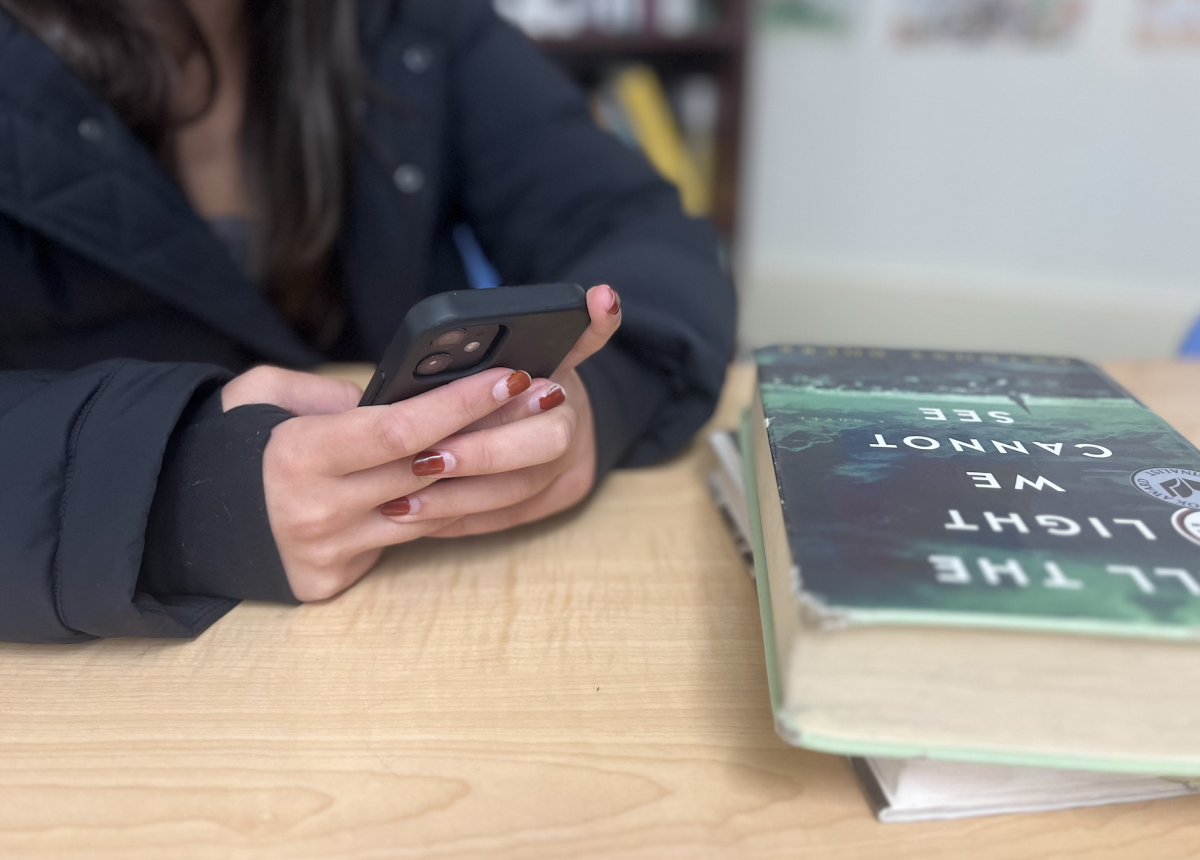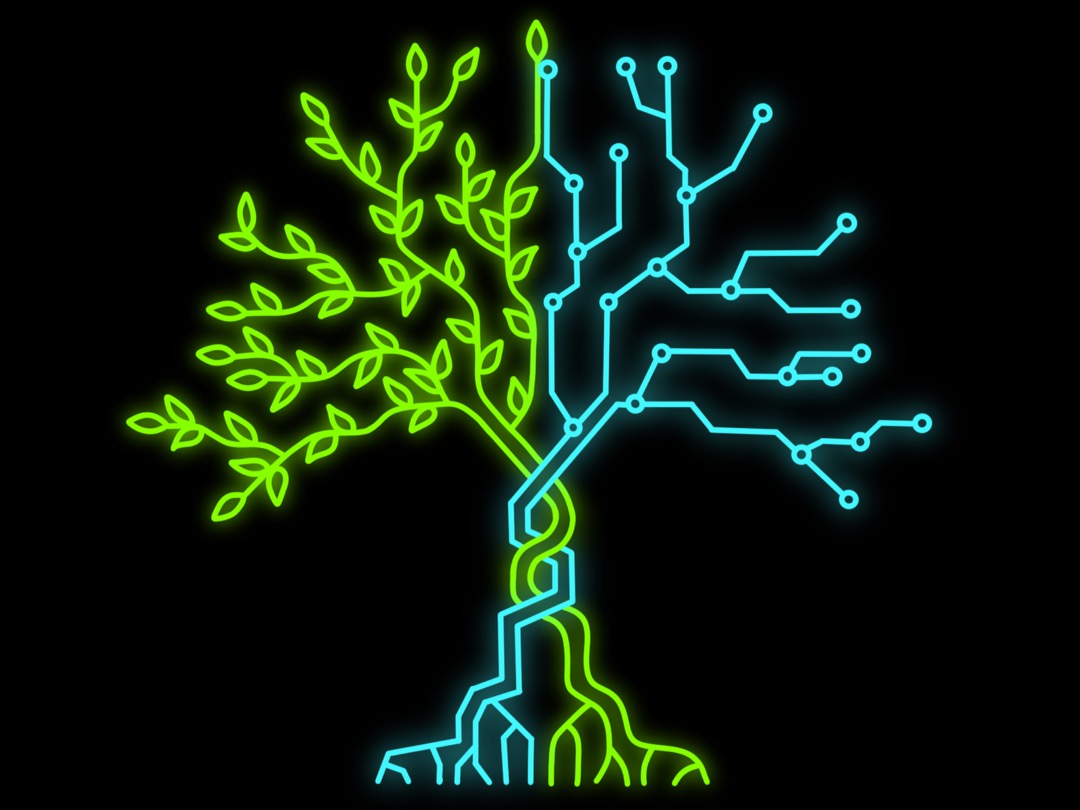This poll shows information from people who read this article and voted on the question.
Every action has an outcome. Whether that’s a good outcome or a bad one, all actions leave behind impacts on people’s lives. It’s up to each individual to deal with the effects of their decisions. Making mistakes and not owning up to them is not exclusive to Marin, but in this region specifically, affluence and privilege play a role in the way people handle situations. Ultimately, this privilege creates a skewed definition of achievement and many people may feel pressure or expectations to maintain a persona of success at all times, which is an unrealistic standard for an entire community.
Problem:
In high school, because of high societal standards living in Marin can perpetuate a cycle of neglecting consequences. Retired therapist, Camerin Ross, noticed some people find it difficult to let down their facade of perfection in such a high-performing environment.
“People’s fear of being misunderstood and categorized in [the wrong] way, gets in their way of being able to be open and honest … People have such a hard time being perceived in a way that they don’t want to be perceived,” Ross said. “That ends up getting… them to become defensive, rather than open to conversation. It takes practice to be able to be wrong.”
According to GrowthSource Coaching, a business and executive coaching company, if someone repeatedly refuses to take responsibility for the consequences of their actions, they will develop habits that convince them that none of their actions will ever have real consequences or repercussions.
For this pattern to end, people need to learn about the importance of accountability from a younger age.
School:
This pressure is prevalent in Marin’s schools, where many students hold themselves to near-impossible standards, and when they fall short, they may turn to unethical solutions. Math teacher Heather Curtaz has taught at Redwood for 25 years and has often encountered instances of cheating over the course of her career.

“Our community has a lot of high expectations around grades and those high expectations stress kids out which makes them resort to cheating. So [students] make the bad choice of cheating instead of just trying to grow and learn because they are so afraid of getting a bad grade,” Curtaz said.
Cheating has become even more appealing in recent years. According to The Conversation, “51 percent of high school students admit that they have cheated during a test.” Additionally, in today’s society, getting into top universities is harder than ever. Colleges have become even more selective in past years, and elite schools, such as Stanford and Harvard, have acceptance rates of around four percent.
When schools become so exclusive, it’s difficult for even the brightest students to excel, fostering an unhealthy and competitive environment where students are pitted against each other. Consequently, students may turn to cheating to keep up with the lofty standards.
Parties:
Outside of academics, high schoolers can also evade responsibility at parties, where the consequences can become more costly. According to CBS News, 50 percent of students say that they attend parties at least one party in a single month, and this is prevalent at Redwood too.
When a student, who wished to remain anonymous and will be referred to by Dylan, threw a party in 2022, around $500 to $600 of damage was caused, yet no attendees paid any money. Dylan explained why this may have been the case.
“I feel like there’s just something exciting and new about not really having responsibility over your actions. And not really viewing [it as], ‘Oh, this party is actually someone’s house,’” Dylan said.

The mindset that actions in somebody else’s house do not have consequences is prevalent, as this happens at parties all over Marin. While this is clearly problematic, Dylan admits that entitlement and a lack of accountability are innate and come with the territory of living in Marin.
“I feel like [we’re] growing up in privilege and righteousness … Our culture has this ability to shift the blame off of yourself. Because of where we live, it is easier to feel less responsible,” Dylan said.
Solutions:
While the cause of this problem may seem to reveal itself in several facets, there may only be a few solutions, one of them being creating personal connections. Ross spoke to the sobering reality of real-life, human relationships.
“It makes sense, right? That’s why the internet is so fraught with that removed aspect, [anyone can] be anonymous in a way. But, when you’re face-to-face with somebody, it makes a difference,” Ross said.
When genuine connections are made with other people, they often reevaluate their decisions because they now know what the true impact of their actions would be.
Tiburon resident and former life coach, M.J. Roberts, shared one of her personal experiences when forming a bond with strangers. When she confronted a man about a disagreement over the rules of the road, she decided to have a face-to-face conversation with him.
“I presented [my] case, ‘Did you know I had the right of way?’ And then he sort of succumbed and nodded. Like, yes, you’re right … Our job is to help one another be better human beings,” Roberts said.
By choosing to teach a lesson rather than pick a fight, Roberts was able to tap into a stranger’s compassion and bring out feelings of remorse and forgiveness rather than anger.
Though this way of solving problems surrounding accountability varies from case to case, it is always important to remember that everyone is human. Even though some of these solutions may be realistic and others not, it’s important to implement change when it comes to accountability, which Roberts has a strong philosophy on.
“You have to look at the long-term. ‘What does your life look like after 10 years? 20 years?’ It’s all going to come out in the wash,” Roberts said. “We all have good and bad come upon us, but if you keep taking the high road and keep being graceful, you will have [more] goodness in your life, and you will feel better inside your body and soul.”








